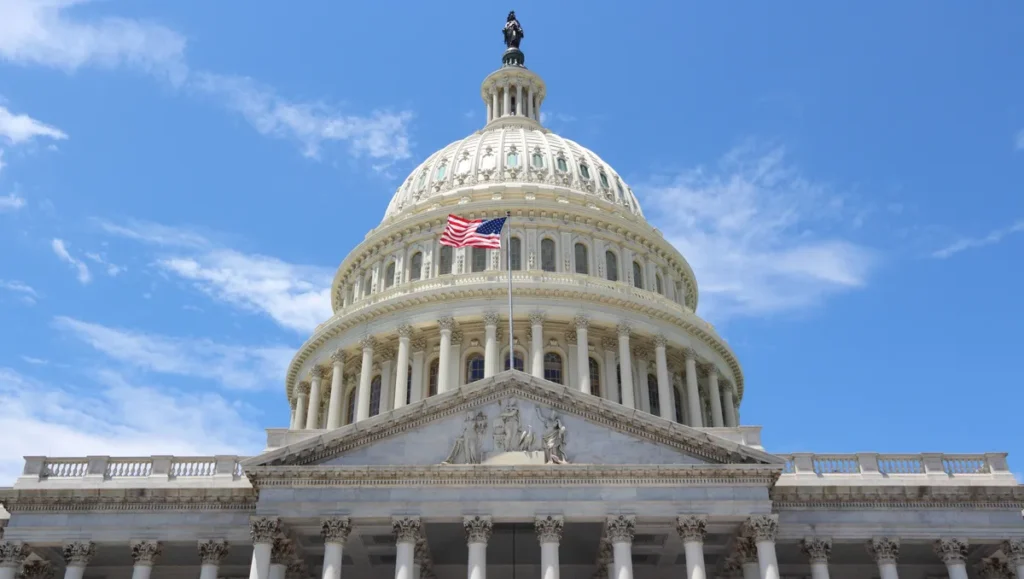Skilled nursing facilities (SNFs) and clinicians are voicing strong disapproval of Congress’ short-term spending bill, recently signed into law, which notably omitted the reversal of cuts to the Medicare Physician Fee Schedule (MPFS). Industry leaders warn that this inaction will exacerbate financial instability across the sector.
The continuing resolution, designed to fund government operations through September 30th, has left long-term care providers deeply disappointed. The MPFS cuts, which took effect on January 1st, have already begun to impact their bottom lines, prompting calls for immediate legislative reconsideration.
“While the current 2.83% MPFS cut remains in effect, the physical and occupational therapy community is cautiously optimistic that the House of Representatives will address the cuts in the reconciliation package it is developing,” stated leaders from the Alliance for Physical Therapy Quality and Innovation in a recent press release.
Nikesh Patel, Executive Director of the Alliance, emphasized the unsustainable nature of the current situation. “Clinicians, including occupational and physical therapists, have consistently warned lawmakers about the consequences of rising costs coupled with declining reimbursements,” Patel said. “This trend is simply not sustainable.”
The impact of the cuts extends beyond therapists. Alex Bardakh, Senior Director of Advocacy and Strategic Partnerships at the Post-Acute and Long-Term Care Medical Association, pointed out that previous attempts to address the issue have fallen short.
“There is a bipartisan bill — the Medicare Patient Access and Practice Stabilization Act — that we were hoping would be included in this CR. There was actually an amendment that would have made this a reality, but it failed by one vote,” Bardakh told McKnight’s.
One positive aspect of the spending bill is the six-month extension of telehealth benefits, a provision that long-term care providers have been advocating for. This extension allows DEA-registered practitioners to prescribe medications without requiring an in-person evaluation, a practice that gained prominence during the pandemic.
However, the temporary nature of this extension has raised concerns. “Telehealth was only extended for six months, and many practice groups rely on this service for their service line,” Bardakh noted.
The uncertainty surrounding the MPFS cuts and the temporary nature of telehealth extensions are creating an unstable environment for healthcare providers. As Bardakh stated, “It’s not sustainable to keep talking about this year after year. We need a stable program that practices can rely on so that we can move on to talk about providing quality care and address other issues.”
According to a report by the American Medical Association, “Physician practice costs have increased by nearly 47% from 2001 to 2023, while Medicare physician payment has effectively declined by 26% when adjusted for inflation.” This statistic highlights the growing financial pressures faced by healthcare providers.
The industry is now urging Congress to fulfill its commitment to revisit the Medicare Patient Access and Practice Stabilization Act and provide much-needed relief. As Patel expressed, “We are hoping that Congress makes good on its promise to address the cuts and provide relief for Medicare providers.”
Bardakh advises providers and long-term care advocates to continue gathering co-sponsors for legislation that supports quality care. “This could be one of the most effective ways in ensuring already low Medicare reimbursement rates don’t dwindle further,” he said. “This is a bipartisan issue and partisan politics standing in the way of common sense approaches to fixing issues is not an acceptable way to move quality of care forward.”


